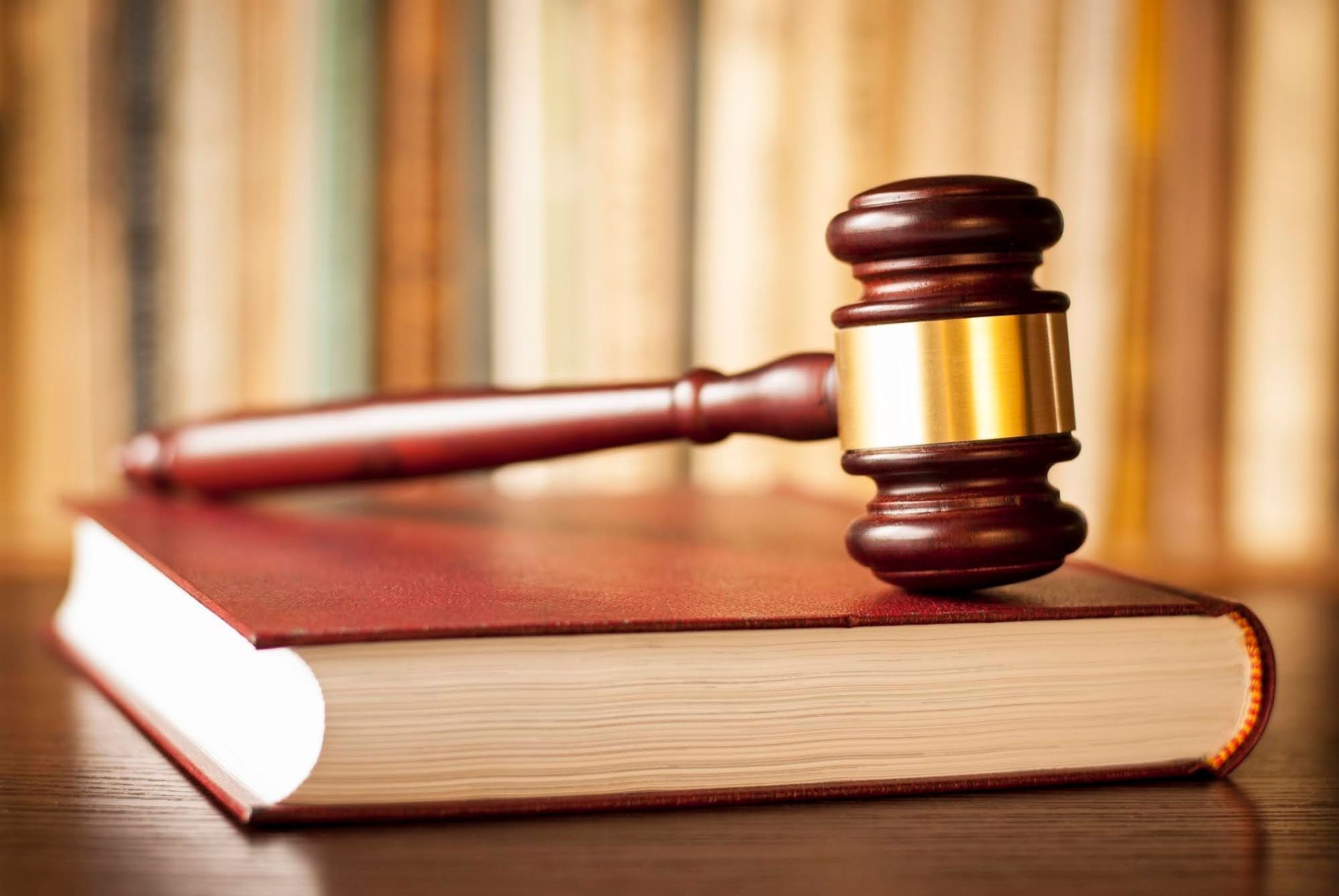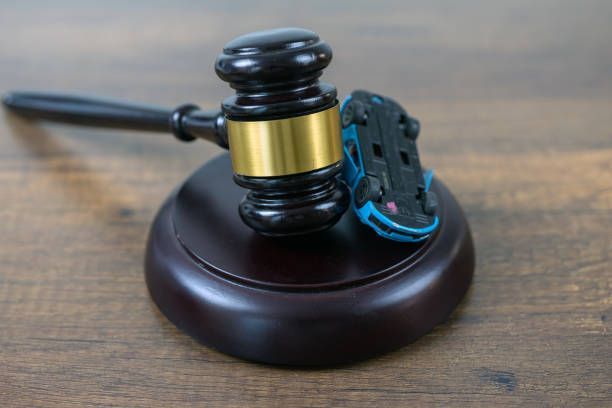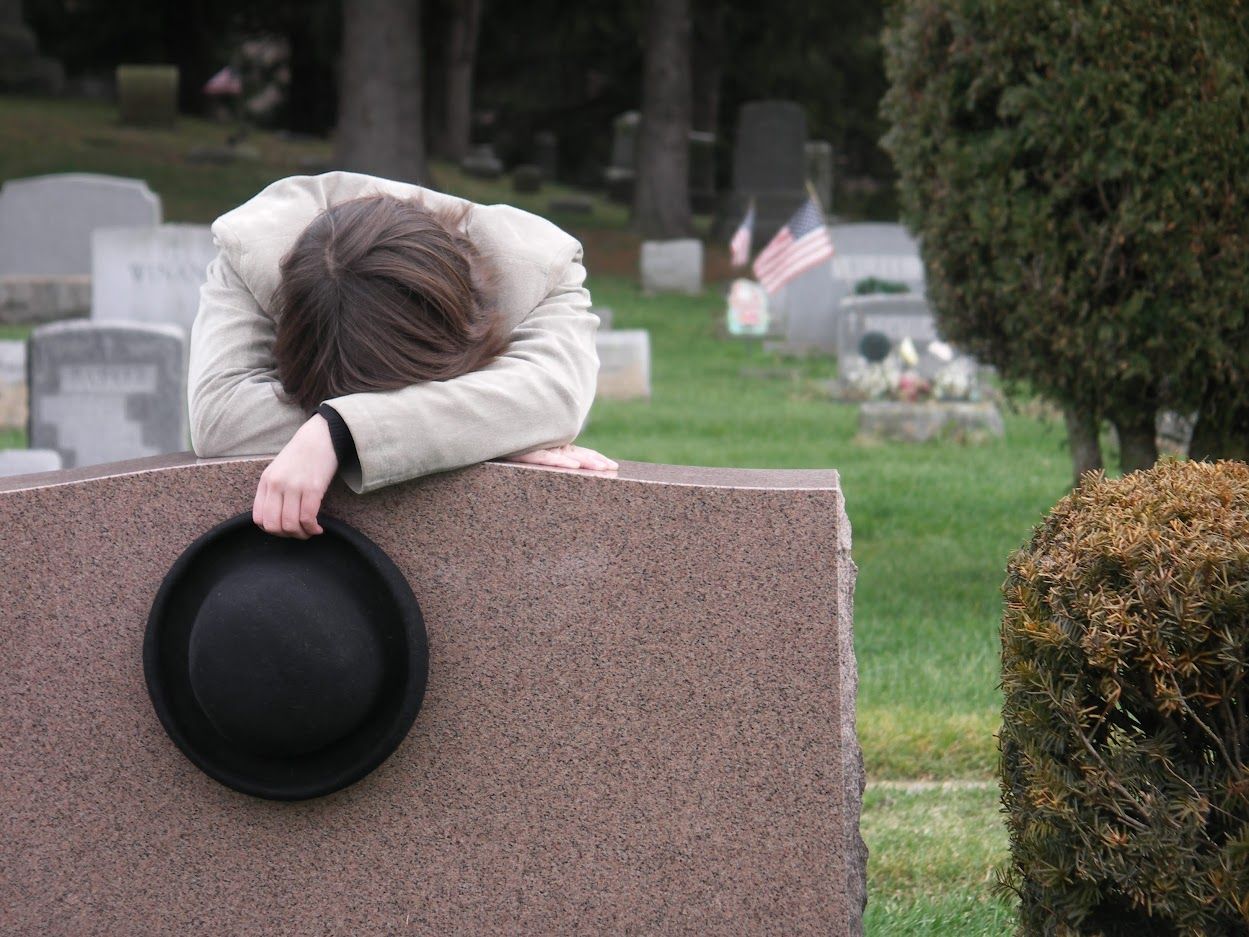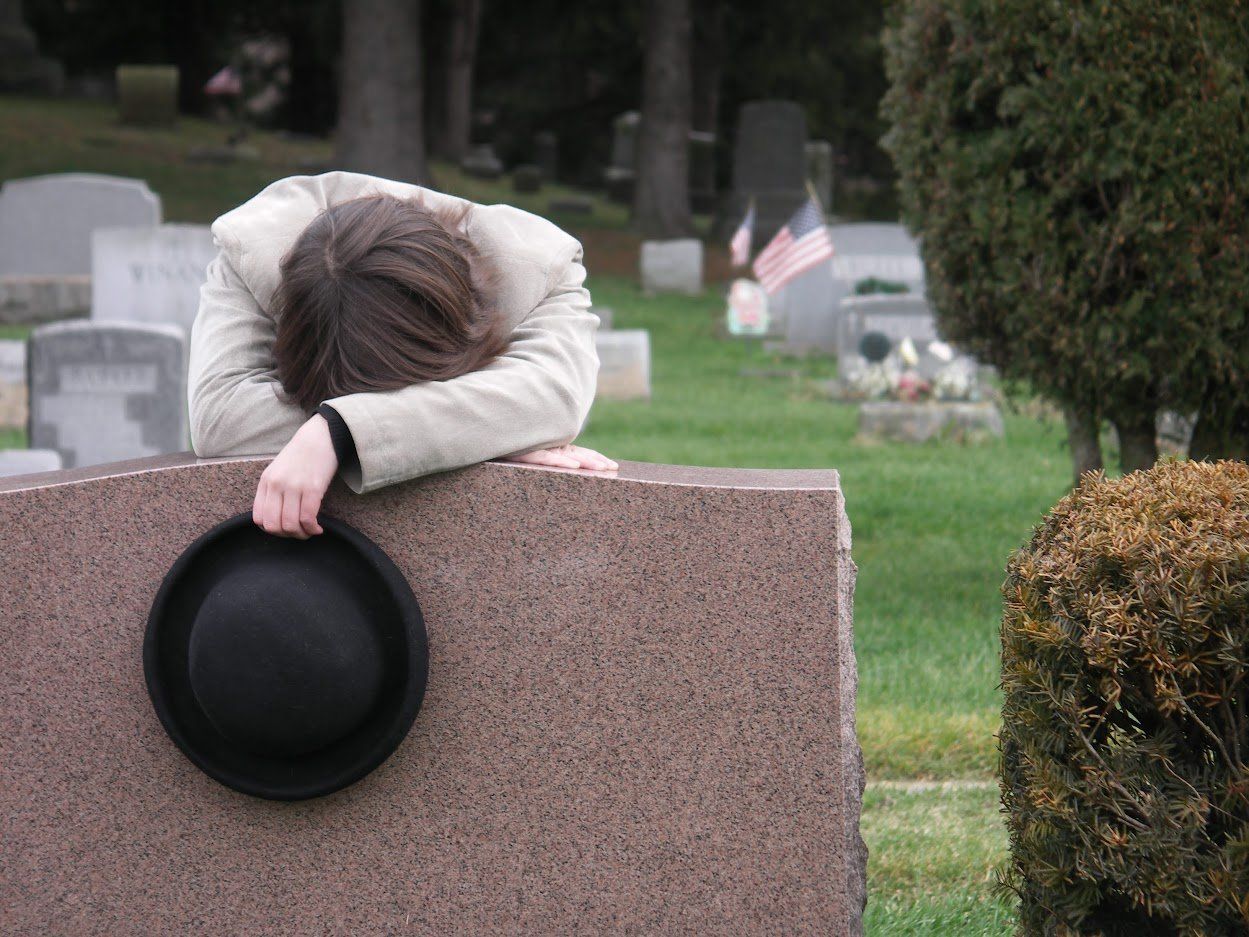Wrongful Death Claims: The Dangers of Waiting Too Long to Take Action

The loss of a loved one is always a difficult time for a family, but even more so when the death could have been prevented. When a death occurs due to the negligence of another individual or entity, the law allows for the surviving family members to file a wrongful death claim.
While it may be understandable for a family to want to grieve and take some time before pursuing legal action, waiting too long to file a wrongful death claim can have some serious consequences.
This blog post will highlight a few of the dangers of waiting too long to take action in a wrongful death case to help families make informed decisions during such a difficult time.
Statute of Limitations
The statute of limitations presents one of the most significant risks when delaying the filing of a wrongful death claim. This refers to the legally prescribed time limit within which a wrongful death lawsuit must be initiated. Failure to act within this timeframe can result in the court dismissing the case, irrespective of its merits.
This limitation period varies from state to state and depends on the nature of the wrongful death claim. As such, the bereaved family members need to understand the specific time limit applicable in their jurisdiction to avoid losing the opportunity for legal redress.
The reason behind the statute of limitations is to ensure fairness in the litigation. It becomes increasingly difficult to gather evidence as time passes and memories fade.
This leads to an unfair advantage for the defendants, who may capitalize on the time lapse to weaken the plaintiff's case. Bereaved family members can level the playing field and increase their chances of success by filing their claims within the prescribed time limit.
Loss of Evidence
As mentioned earlier, evidence can become difficult to collect and preserve as time goes by. This is especially true in wrongful death cases where the burden of proof lies with the plaintiff. As time passes, crucial evidence that could substantiate the claim may deteriorate, become destroyed, or get lost. This includes physical evidence at the scene of the incident, such as vehicle debris after a fatal car accident.
Timely collection and preservation of this evidence is often vital to the success of a wrongful death claim, as it can provide concrete proof of negligence and causation. Causation refers to the link between the defendant's actions and the death of the victim, which you must prove for a successful wrongful death claim.
In addition, witness statements, a critical form of evidence in many wrongful death cases, can also be adversely affected by the passage of time. Memories can fade, and details can become fuzzy or distorted.
Witnesses may also move, change contact information, or even pass away, making it increasingly difficult to locate them and obtain their statements.
In some cases, witnesses may also be more inclined towards cooperation shortly after the incident, when the details are fresh and the event's impact is still raw. As time passes, they may become less cooperative or even be persuaded by the defendant's legal team to change their statements. This can significantly weaken the plaintiff's case, which makes it crucial to gather witness statements as soon as possible.
In the aftermath of a tragic and unexpected loss, it is understandable that families may want to take some time before considering legal action. But remember, time is of the essence in wrongful death cases. When you delay filing a claim, you risk losing your legal right to seek justice for your loved one and jeopardize the strength and success of your case.
Talk to us at the Law Office of Paul R. Bennett for expert guidance and support in navigating the complexities of wrongful death claims. Together, we can help you achieve justice and closure for your family. Take action now to hold the responsible party accountable for their actions.











